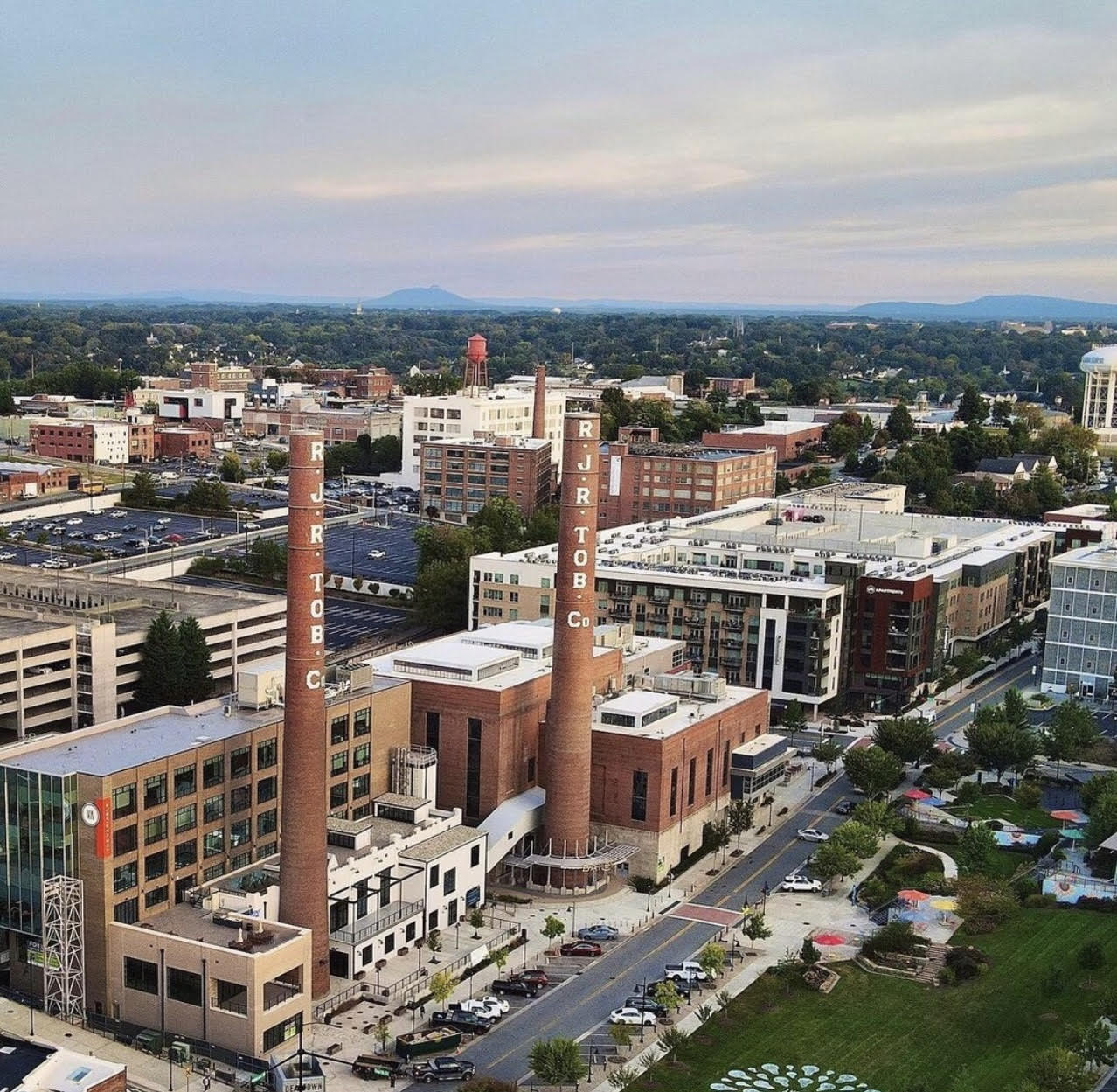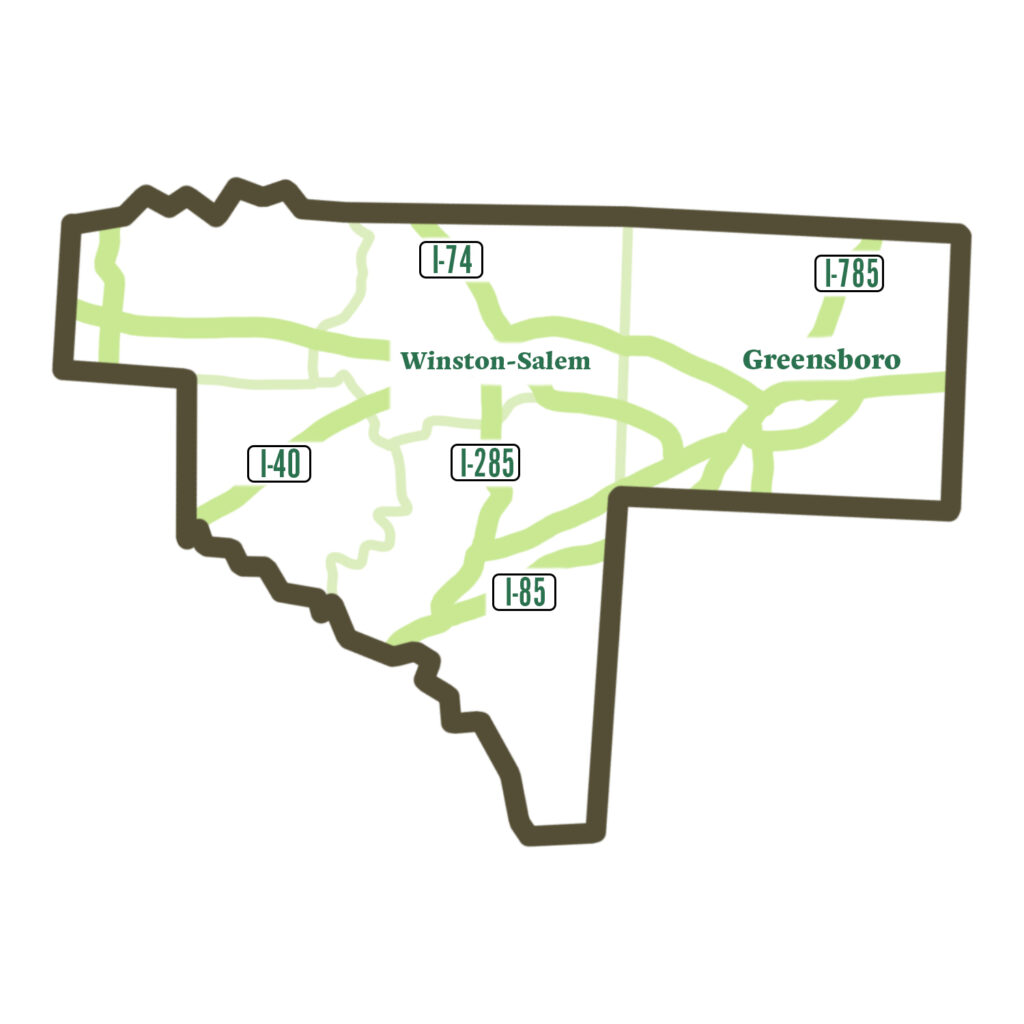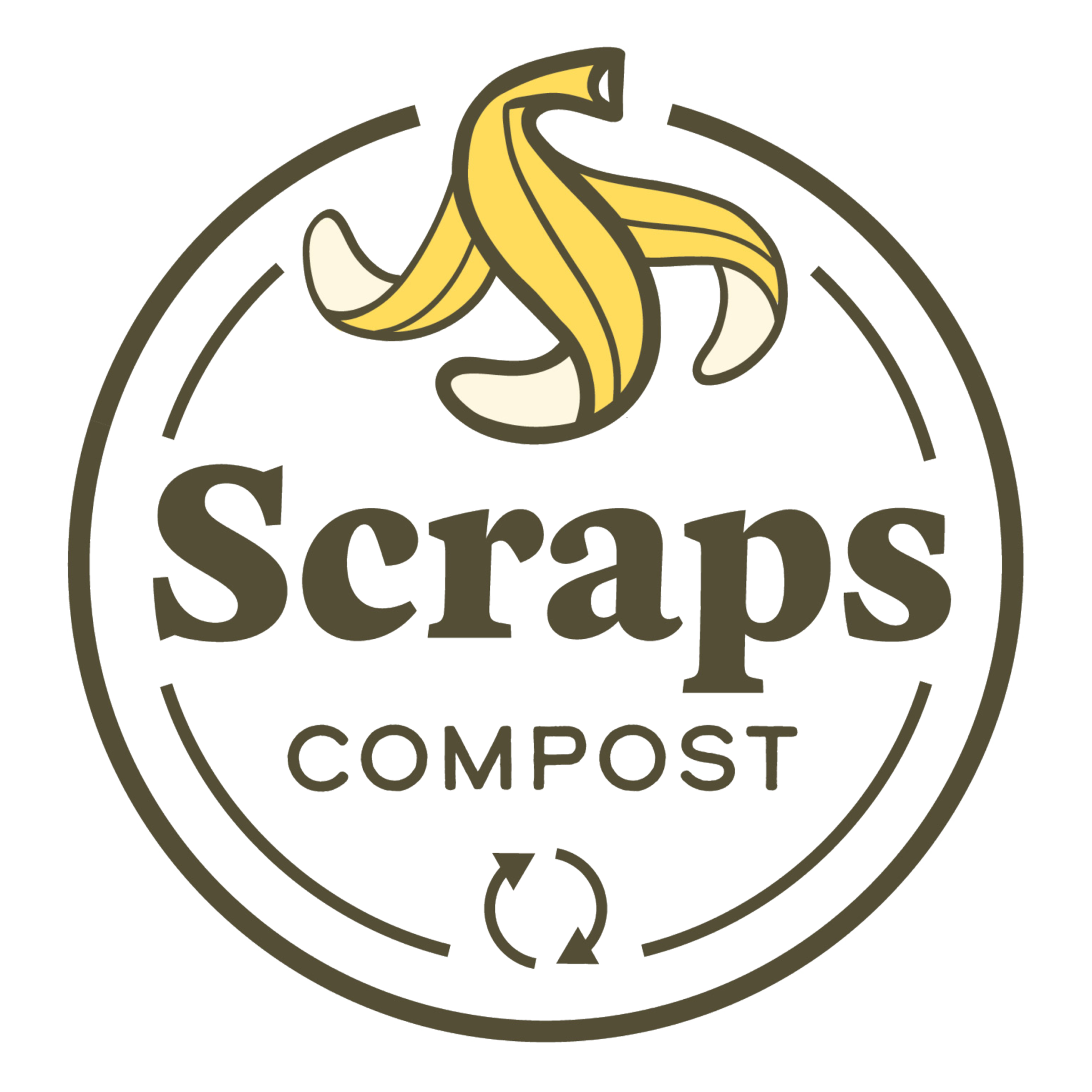
The Start of Scraps
Nicholas Eller was born and raised in Winston Salem. From a young age, he had a fascination with all things “waste.” While in college at UNCW, his studies focused heavily on the garbage industry, and after graduation he spent three years working in the private hauling industry. Through these experiences, one thing became clear- he was tired of participating in a system defined by a lack of environmental integrity and wasteful disposal of valuable resources. Nicholas moved back to Winston Salem with a dream to transform his local community. Thus, Scraps was born! The motto for Scraps is “Environmentally Focused, Practically Driven.” Nicholas wants to see to it that every individual is equipped with education and resources that make environmental change attainable for this community.

Why Compost?


